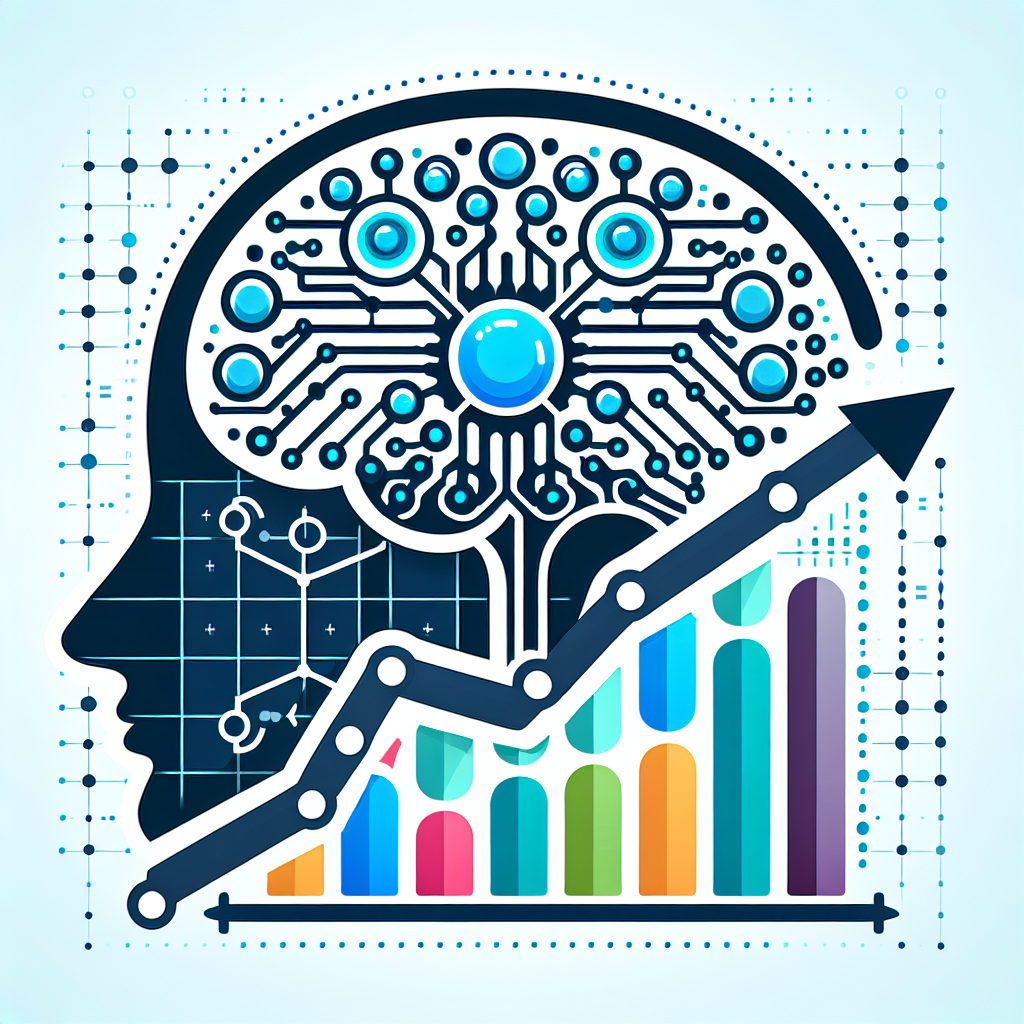In today’s fast-paced business environment, sales teams are constantly looking for ways to streamline their processes and increase efficiency. One of the most effective tools for achieving this is predictive lead scoring, which leverages artificial intelligence (AI) to identify and prioritize the most promising leads. In this article, we will explore the benefits of using AI for predictive lead scoring in sales, as well as provide an overview of how this technology works.
What is Predictive Lead Scoring?
Predictive lead scoring is a process that uses data analysis and machine learning algorithms to predict which leads are most likely to convert into customers. By analyzing historical data on leads and customer behavior, AI algorithms can identify patterns and trends that indicate the likelihood of a lead making a purchase. This allows sales teams to focus their efforts on leads that are most likely to result in a sale, increasing efficiency and driving revenue growth.
How Does AI Work for Predictive Lead Scoring?
AI algorithms for predictive lead scoring work by analyzing a wide range of data points to identify patterns and trends that indicate the likelihood of a lead converting into a customer. These data points can include demographic information, lead source, behavior on the company’s website, engagement with marketing materials, and more.
The AI algorithms use this data to create a predictive model that assigns a score to each lead, indicating the likelihood of that lead making a purchase. This score helps sales teams prioritize their efforts and focus on leads that are most likely to result in a sale.
Benefits of AI for Predictive Lead Scoring
There are many benefits to using AI for predictive lead scoring in sales. Some of the key advantages include:
1. Increased Efficiency: By focusing on leads that are most likely to convert, sales teams can use their time and resources more effectively, resulting in higher conversion rates and increased revenue.
2. Improved Accuracy: AI algorithms can analyze vast amounts of data quickly and accurately, providing more reliable predictions than traditional lead scoring methods.
3. Personalized Approach: AI algorithms can analyze individual lead behavior and preferences, allowing sales teams to tailor their approach to each lead and provide a more personalized sales experience.
4. Scalability: AI algorithms can handle large volumes of data and adapt to changing market conditions, making them ideal for companies with high lead volumes or complex sales processes.
5. Competitive Advantage: Companies that use AI for predictive lead scoring have a competitive advantage in the market, as they can more effectively target high-quality leads and drive revenue growth.
FAQs
Q: How accurate is predictive lead scoring using AI?
A: Predictive lead scoring using AI is highly accurate, as AI algorithms can analyze large amounts of data and identify patterns that human analysts may overlook. Studies have shown that AI-based predictive lead scoring can significantly outperform traditional lead scoring methods in terms of accuracy and effectiveness.
Q: How can I implement predictive lead scoring using AI in my sales process?
A: To implement predictive lead scoring using AI in your sales process, you will need to work with a data analytics or AI provider to develop a predictive model based on your historical data. This model can then be integrated into your CRM system or sales software to provide real-time lead scoring for your sales team.
Q: What are the key considerations when choosing an AI provider for predictive lead scoring?
A: When choosing an AI provider for predictive lead scoring, it is important to consider factors such as the provider’s experience with AI and data analytics, the quality of their predictive models, their track record of success with other clients, and their ability to integrate with your existing systems and processes.
Q: How can I measure the success of predictive lead scoring using AI?
A: The success of predictive lead scoring using AI can be measured by tracking key metrics such as conversion rates, sales cycle length, and revenue generated from leads. By comparing these metrics before and after implementing predictive lead scoring, you can assess the impact of AI on your sales process and ROI.
In conclusion, predictive lead scoring using AI is a powerful tool for sales teams looking to increase efficiency, drive revenue growth, and gain a competitive advantage in the market. By leveraging AI algorithms to analyze data and predict lead behavior, sales teams can prioritize their efforts, focus on high-quality leads, and provide a more personalized sales experience. With the right AI provider and predictive model in place, companies can achieve significant improvements in their sales processes and drive success in today’s fast-paced business environment.

